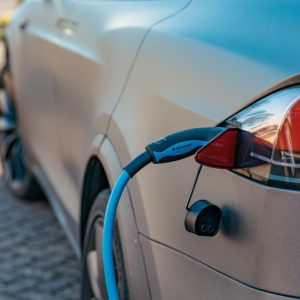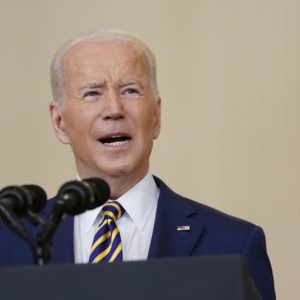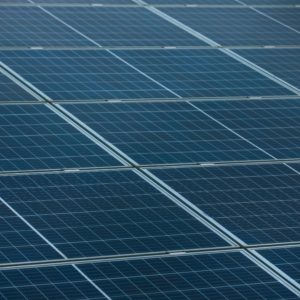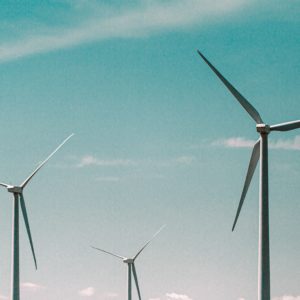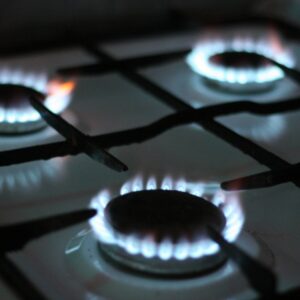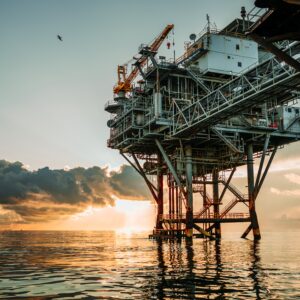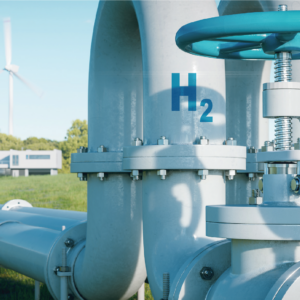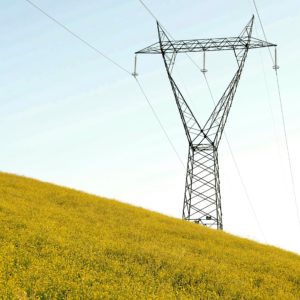"Additionally, owners of current Hyundai and Kia electric vehicle models will be able to access Tesla Superchargers using adapters beginning in the first quarter of 2025."
Biden’s ‘Climate Corps’ Is the Wrong Way to Help the Environment
"Meaningful climate progress can only be accomplished with responsible federal spending. Growing government and saddling future generations with more debt, as programs like the Climate Corps would do, will only stymie economic and environmental progress."
Why Rivian is funding a $1 billion solar project built on a Kentucky coal mine
"The power purchase agreement was motivated by Rivian’s goal of operating with net-zero carbon emissions by 2040. The EV company is investing in both solar and wind projects to reach that target. It also wants to add low-carbon electricity to local grids that are currently still dominated by fossil-fuel sources."
Backed by advocates, Duke Energy finalizes plan to help customers improve home efficiency
"Under the program set to begin next year, Duke will buy the new appliance or whatever improvements are deemed appropriate for participating households. Over the course of up to 12 years, customers then pay the company back through their utility bills. Even while paying the tariff, which includes the company’s 8.4% of return, the energy savings should lower their monthly costs by 10% or more."
The Future of Clean Energy: What Does it Look Like?
Clean energy is growing across the nation and around the world.
Universal access to clean cooking lags behind
"Air pollution from rudimentary cooking fuels such as charcoal, firewood, coal, agricultural waste and animal dung causes 3.7 million premature deaths per year, ranking it the third largest cause of premature death globally, according to the report."
For lower income nations, fossil fuel debate rings hollow
"In some cases, new fossil fuel infrastructure could still lower greenhouse gas emissions compared to previous practices. Replacing wood and other biomass fuels with liquid propane for rural home cooking would reduce emissions and improve air quality. Deploying natural gas for local industry would be better than burning (also known as flaring) or releasing (also known as venting) the gas into the atmosphere in many cases."
Regional Clean Hydrogen Hubs: A Milestone Towards a Cleaner Future
"The hydrogen hubs are a testament to what can be achieved when policy meets innovation. But this is just the starting line. We must remain unwavering in our commitment to policy evolution, infrastructure development, community involvement, and relentless innovation if we hope to unlock the full decarbonization potential of clean hydrogen."
To Track a Forest’s Recovery, Artificial Intelligence Just Listens
"Traditional methods of tracking biodiversity include metabarcoding, a type of analysis that looks at short snippets of DNA to identify specific populations of species. The researchers found that bioacoustic monitoring led to similar findings as this more direct method but can be accomplished at a lower cost and with less intrusion on the environment."
Why burying power lines is an effective, but very expensive way to prevent wildfires
"Since PG&E earns a guaranteed rate of return on capital investments, the utility is inherently incentivized to undertake more expensive infrastructure projects such as undergrounding, explained Morsony and Daniel Kirschen, a professor of power and energy systems at the University of Washington. This is how the utility makes money, not by selling electricity or gas."
